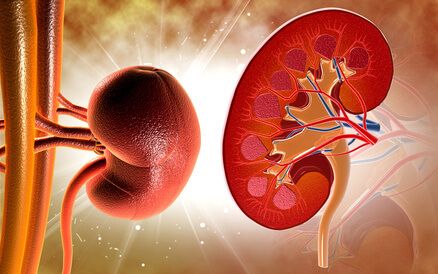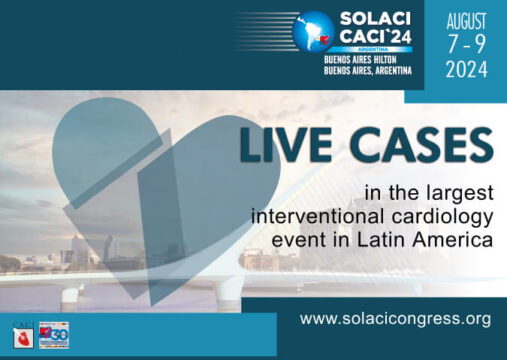Troponin elevation is a common finding in acute patients admitted by an emergency service, even in the absence of an acute coronary event. There are patients in whom we simply cannot identify the origin of such troponin elevation. Initially, we relied on this marker as an exclusive marker of acute coronary syndrome. In consequence, many patients with troponin elevation sooner or later ended up in the cath lab, despite their inconclusive electrocardiograms and signs and symptoms of other diseases.

This study aimed to investigate the association between troponin elevation and long-term clinical prognosis in acute patients admitted in the emergency room with suspected acute coronary syndrome, who were ultimately discharged without a specified diagnosis.
Read also: The Physiopathology Behind Valve Degeneration in TAVR.
This study analyzed retrospectively the 48,872-patient cohort from the SWEDEHEART (Swedish Web-system for Enhancement and Development of Evidence-based care in Heart disease Evaluated According to Recommended Therapies) study. Patients were stratified according to their troponin levels into cohorts with troponin levels less than or equal to the cutoff (99th percentile), and all levels above the cutoff were separated by tertiles.
Positive troponin levels were identified in 20.1% of patients (n = 9800). As expected, the prevalence of cardiovascular risk factors as well as noncardiovascular comorbidities increased across higher tertiles.
Read also: Bundle Branch Block and Need for Permanent Pacemaker, a Major Challenge after TAVR.
In total, 15.4% of such patients with positive troponin levels who were discharged from their index hospitalization without a specified diagnosis had more events (cardiovascular death, acute myocardial infarction, readmission for heart failure, or stroke) over a mean follow-up of almost 5 years.
Conclusion
Troponin elevation is associated with cardiovascular and noncardiovascular comorbidities, and it predicts future events in acutely admitted patients, in whom no definite diagnosis could be established during their index hospitalization. The terms “troponinitis” and “troponinemia” trivialize the prognostic value of this marker and should be avoided, even if we cannot explain this phenomenon.
Original title: Cardiac Troponin Elevation in Patients Without a Specific Diagnosis.
Reference: Kai M. Eggers et al. J Am Coll Cardiol 2019;73:1-9.
Subscribe to our weekly newsletter
Get the latest scientific articles on interventional cardiology
We are interested in your opinion. Please, leave your comments, thoughts, questions, etc., below. They will be most welcome.





